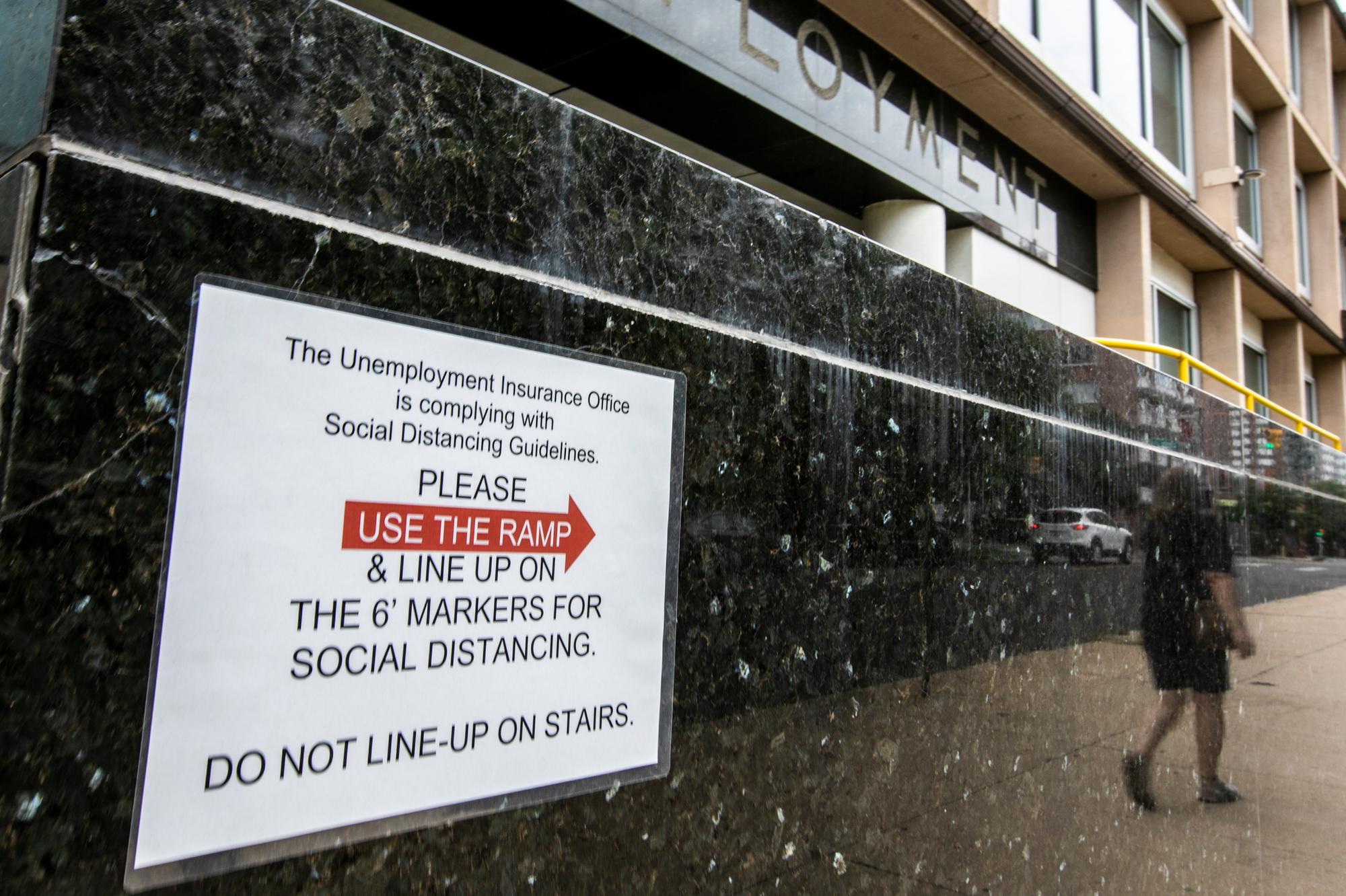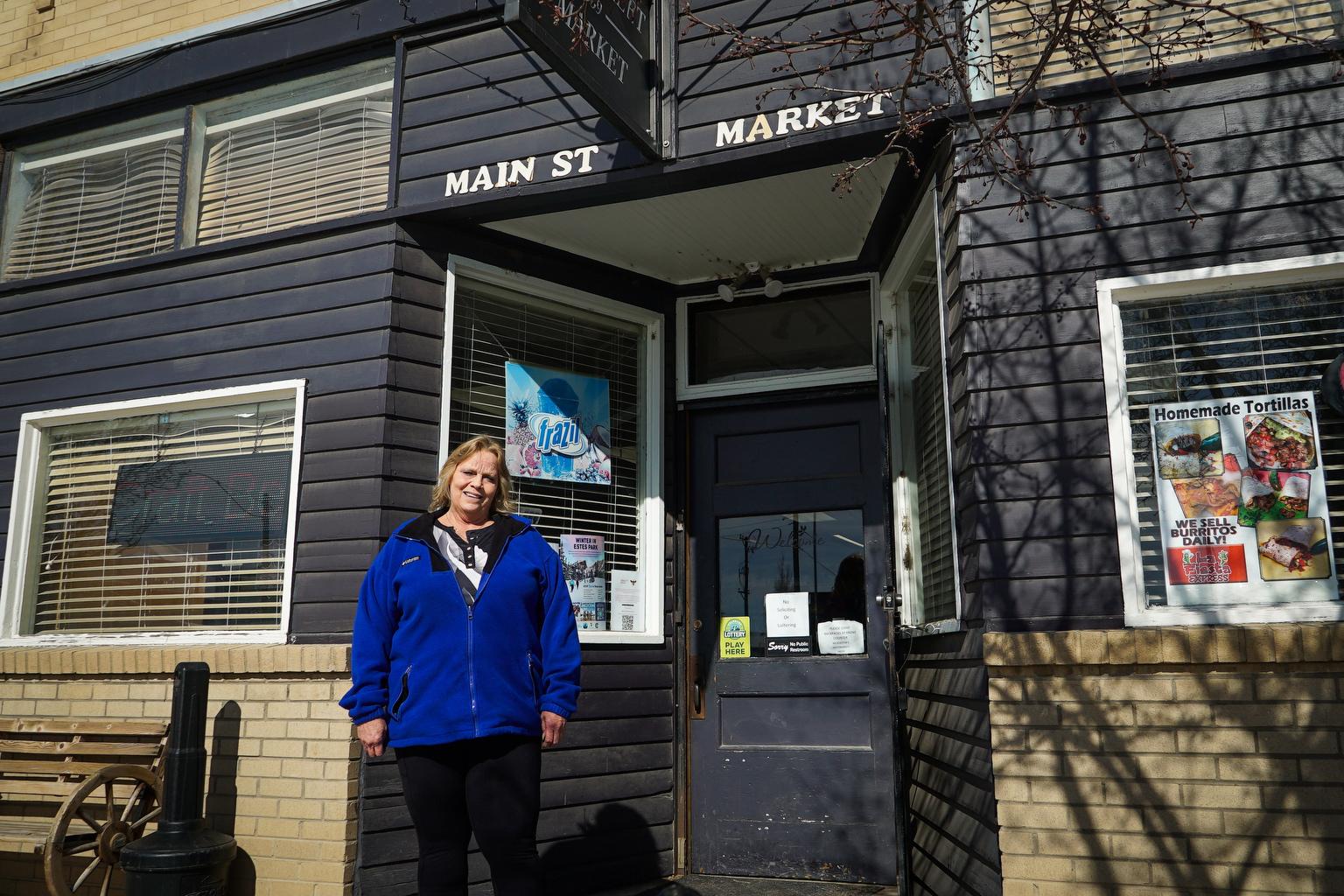
Updated Oct. 29 @ 7:49 a.m.
Gov. Jared Polis signed an executive order Wednesday to provide more economic relief to Coloradans who earn less than $52,000 a year and have filed for unemployment benefits during the coronavirus pandemic.
Polis said the one-time payment of $375 would go out to more than 400,000 people by early December. He said the payments became necessary after it was clear Congress was unlikely to pass another COVID-19 relief package before the election.
“We simply can't wait when families can't make rent, can’t put food on the table, are worried about not getting their next paycheck,” Polis said. “So Colorado can fill that gap, to at least help a bit with this one-time payment.”
The executive order applies to people who received between $25 and $500 in weekly benefits. The governor hopes the funds will be a lifeline to those who need it most.
“It can be the difference between them making their rent and not making their rent. Maybe being able to even have a Thanksgiving or Christmas dinner for your family,” Polis said. “And it's important for our economy as a whole, but as we know, this money will be spent in local businesses, will help reduce evictions.”
Federal money to give people an extra $600 weekly unemployment benefit ended in late July. Later in the summer, the state asked some gig workers to repay what was described as an overpayment in unemployment benefits caused by confusion on state forms. The Colorado Department of Labor and Employment has since stopped collecting that money from about 9,000 people and plans to wipe away their remaining overpayment debts.
“Well, yeah, that'll help,” said Abbye Silverstein, 67, of Fort Collins, of the $375 payment.
She is a contract career coach with the Colorado Department of Vocational Rehabilitation. Her work with older and disabled clients has dried up since March, leaving her to survive on Social Security and about $223 a week in unemployment benefits.
“What it means for me is I will be saving it because I don’t know what’s going to happen at the end of December because my unemployment runs out then. If they don't have a new (federal) stimulus … then that means I’ll be living on anything I saved and whatever assignments I get to continue working,” Silverstein said.
Jack Ciaccia, 78, had to stop driving for Uber because of his wife's medical condition, and they've since moved to New Hampshire to live with their daughters.
“It's month to month. There's no savings at this point. We've long since had to go through all of that,” he said. “$375 won't go far for anybody these days, but it is $375.”
Polis said he’d consider another emergency payment if necessary, but that he is hopeful Congress will reach a compromise on a second relief package. Republicans have been trying to unite around a “targeted” and “focused” coronavirus relief bill, while Democrats support additional funding and money for state and local governments. Polis said nothing should be ruled out.
“I'm supportive of all those efforts. The bipartisan problem solvers’ efforts — the fat, the skinny, everything under the sun — all of those contain direct transfer payments to individuals,” he said.
The direct payments will cost Colorado $168 million, which is the amount of unspent money in the state’s emergency disaster reserve that could be freed up for this purpose, Polis said. His office used unspent money in the disaster fund and transferred in an additional $5 million from the controlled maintenance trust fund and nearly $149 million from the budget of the Department of Health Care Policy and Financing.
Polis added that he wants to work with state lawmakers to come up with one-time investments to provide an economic stimulus in the state’s next budget. His office is crafting a proposal, which he will present to the state legislature’s powerful joint budget committee on Nov. 12. That document serves as the starting point for budget negotiations with state lawmakers.
Through Oct. 15, Colorado paid out a total of $371.5 million in another state/federal program that gave each worker an additional $300 per week.
Since the end of March, the state has paid out $5.77 billion in all unemployment benefits, including in federally supported programs.








